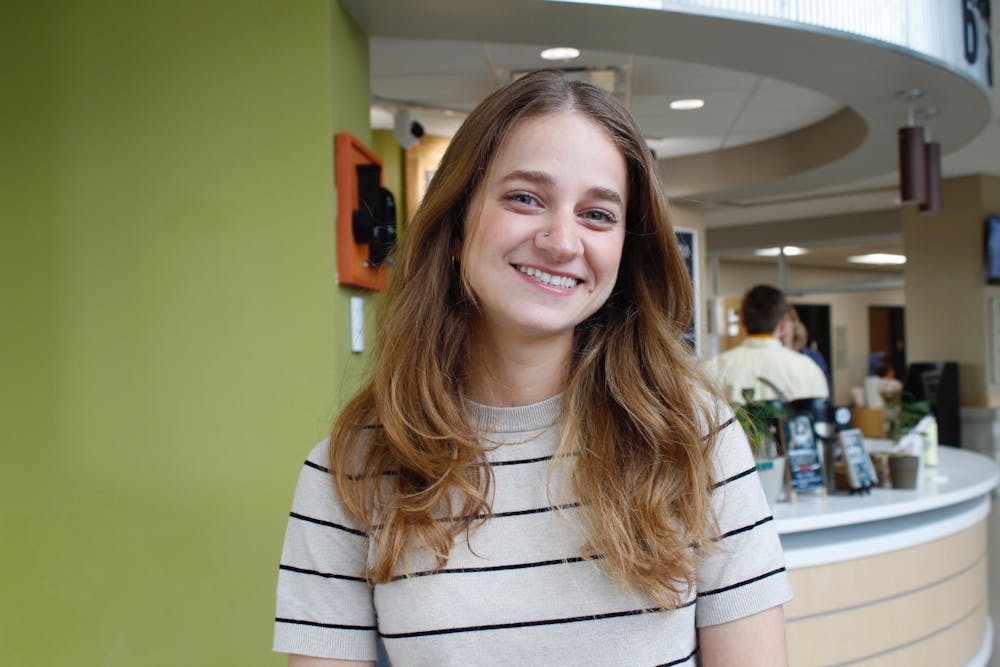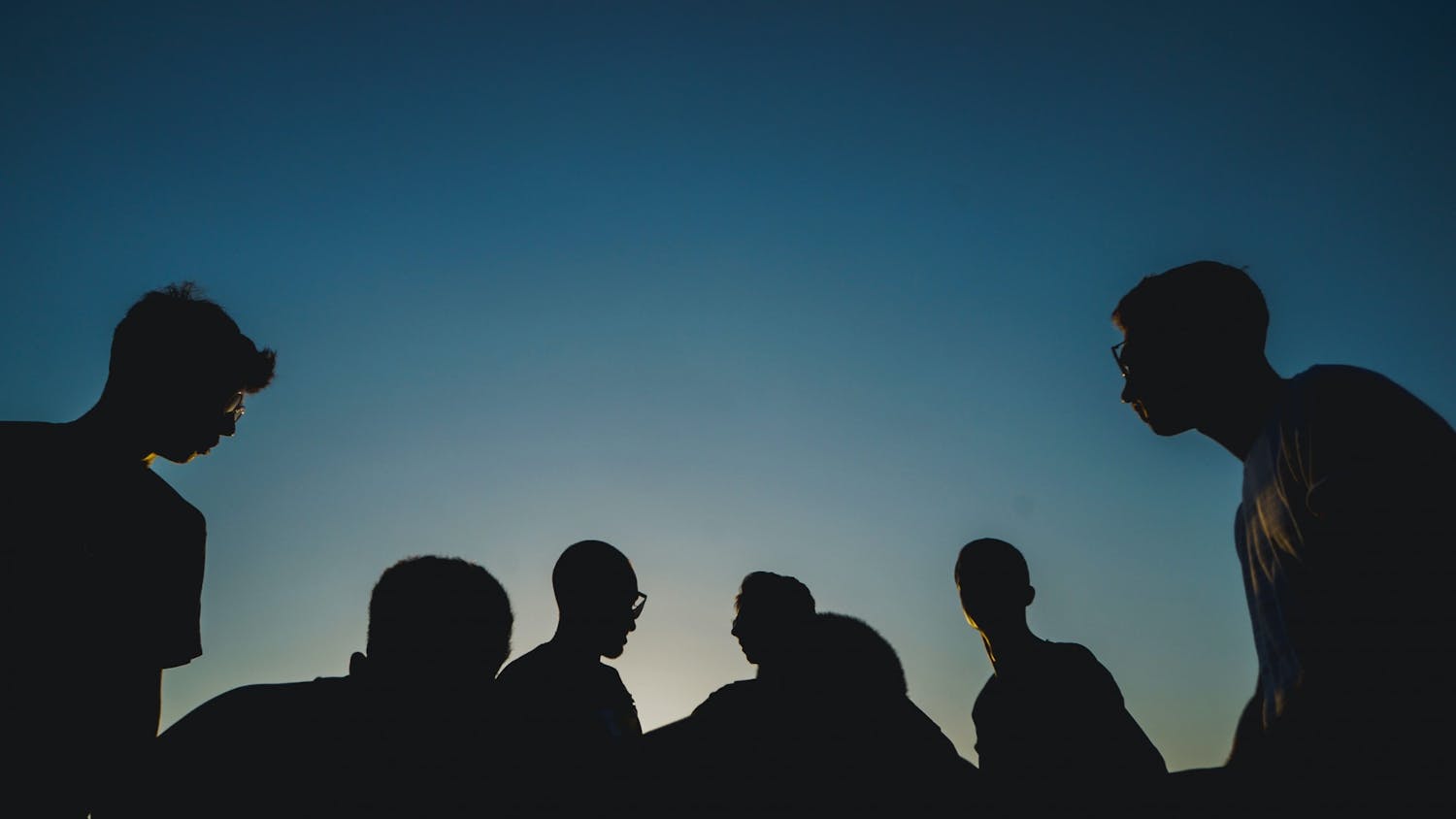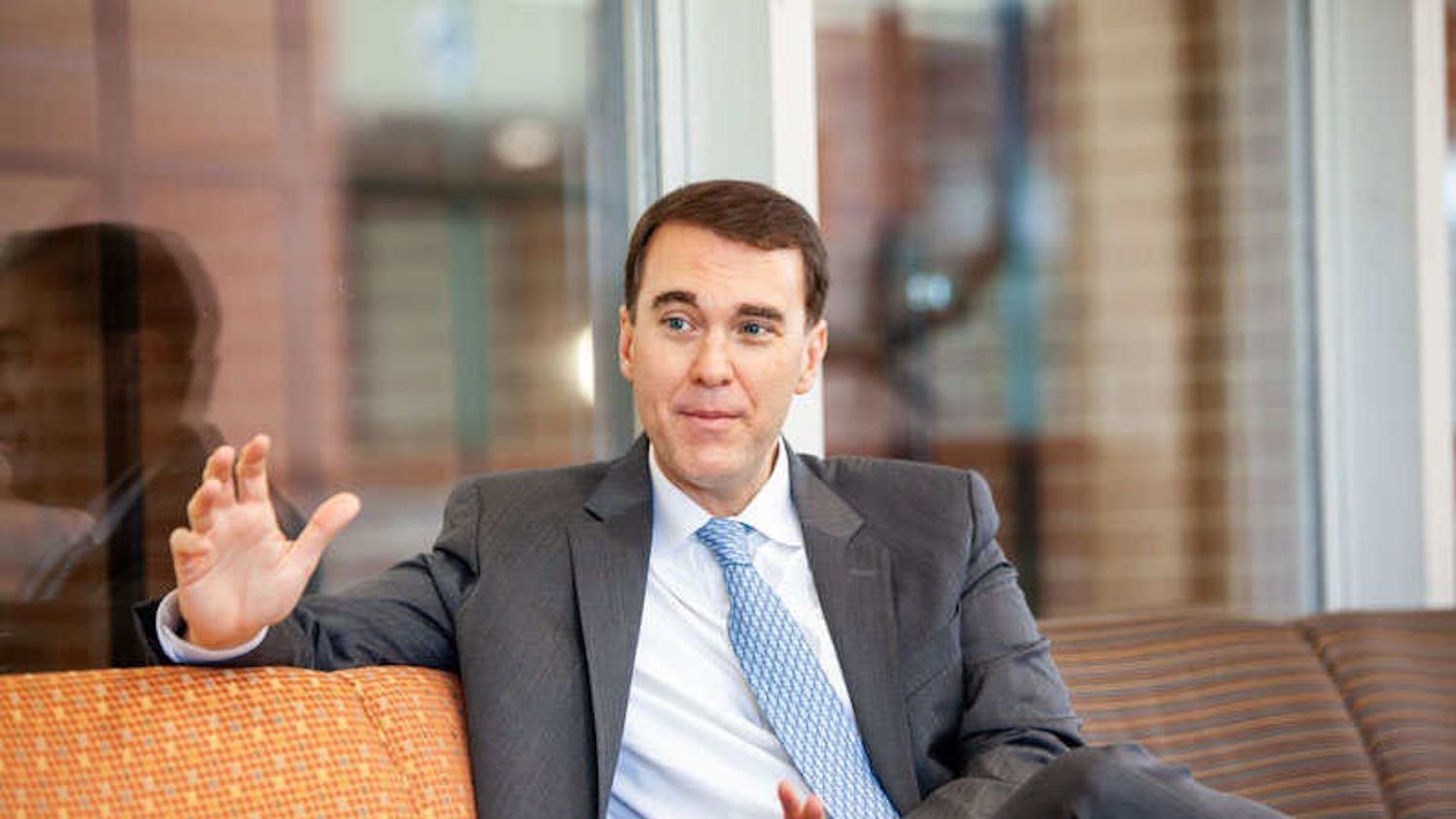Senior Sarah Malak exists in many windows of Taylor's campus.
As a leader of the Middle East Collegiate Association on campus, as a member of Gospel choir, as an employee of Tech Express.
Though a common figure on campus, she carries an uncommon story. Malak grew up in Cairo, Egypt.
Her father moved with his parents from Lebanon to Egypt when he was a child and he decided to stay in Cairo after college. Malak’s mother grew up in Russia during the Soviet Union, and met Malak’s father while traveling. After marrying, they stayed in Cairo where they raised Malak and her older brother.
The Malak family currently owns a goat farm outside of Cairo and a cheese company that sells French cheeses to airlines and hotels.
“Because my parents knew that my brother and I were growing up in Egypt, they wanted us to learn Arabic fluently, so they put us in an all Egyptian school,” Malak said. “We were the only foreigners there. I grew up learning Arabic as a first language — English as a second language.”
Malak attended an international, interdenominational church in Cairo where she spent a year working as the co-director of their children’s ministry.
The difference in population and range of diversity from Cairo to Taylor University was a big transition for Malak.
“Cairo has a population of 22 million people and it’s considered one of the top 10 most populated cities in the world,” Malak said. “Upland is not.”
Malak’s school was almost a 50/50 split of Muslim and Christian students. It wasn’t until Malak started traveling to other countries that she realized how much of a rarity that was.
“I think there are a lot of similarities between Islam and Christianity,” Malak said. “Values and morals and a lot of stories overlap, especially in the Old Testament. There’s a lot to learn from Islam.”
In fact, Malak believes there is a lot to learn from many other religions.
“I guess an important thing is to not necessarily put people of other faiths in a box or viewing them as ‘other,’ but sort of having a genuine curiosity about them and asking them questions and wanting to understand what they believe and their perspective on things and their view on things,” Malak said.
Malak’s desire to learn about other cultures and religions was a big reason she ended up as a political science, philosophy and economics major here at Taylor. Being able to take courses on subjects like Western and Eastern world religions meant a lot to Malak.
“At home I think we really focus on things that are happening globally and world politics and staying up to date with what’s happening around the world,” Malak said. “I think a lot of that has fed into my global aspects on campus.”
Malak’s philosophy professors such as Koert Verhagen, visiting assistant professor of philosophy and religion, and Kevin Diller, associate professor of philosophy and religion, made a huge impact on her as she sought community so far from home.
Another community that helped Malak feel included was MECA. Malak is a current cabinet member and former co-president of MECA.
“Essentially what you do is you lead cabinet meetings every week and you have a group of people that are with you,” Malak said. “We pick a country in the Middle East/North Africa and we look at its demographics. Somebody looks up the culture, the politics, the history, and each person comes and shares that and then we spend some time praying for that country.”
MECA also plans events around campus that highlight these different cultures. For example, Malak was able to host an event on the 10 year anniversary of the Arab Spring, a series of protests and uprising that shook the many Arab communities.
The Arab Spring was a time of uprisings in Arab communities across the world that resulted in governments being overthrown and the formation of rebellious groups in the 2010s.
“I got to talk about what it was like to live through the Arab Spring and what it was like for my family and what it was like to be in multiple bomb threat situations and hear gunshots at night and not have school for several months,” Malak said.
Other events MECA hosts include the Passover and Ramadan.
Malak believes there are many opportunities on campus to be more informed about other cultures as well as more interested in the lives of international students.
“Go to the MECA events,” Malak said. “Keep being curious; keep asking questions. Maybe sometimes preface like, ‘Hey, I don’t mean to sound ignorant but …’ and then ask your question. I actually love it when people ask me questions. Here I am laughing at some of those questions, but I’d so much rather somebody do that rather than be too afraid to ask or not be curious or not care.”
Malak is proof that even though we live on a small campus, there is a lot we might not know about each other, so going to events like the ones MECA throws is a great way to step out of our comfort zones and learn from each other.





